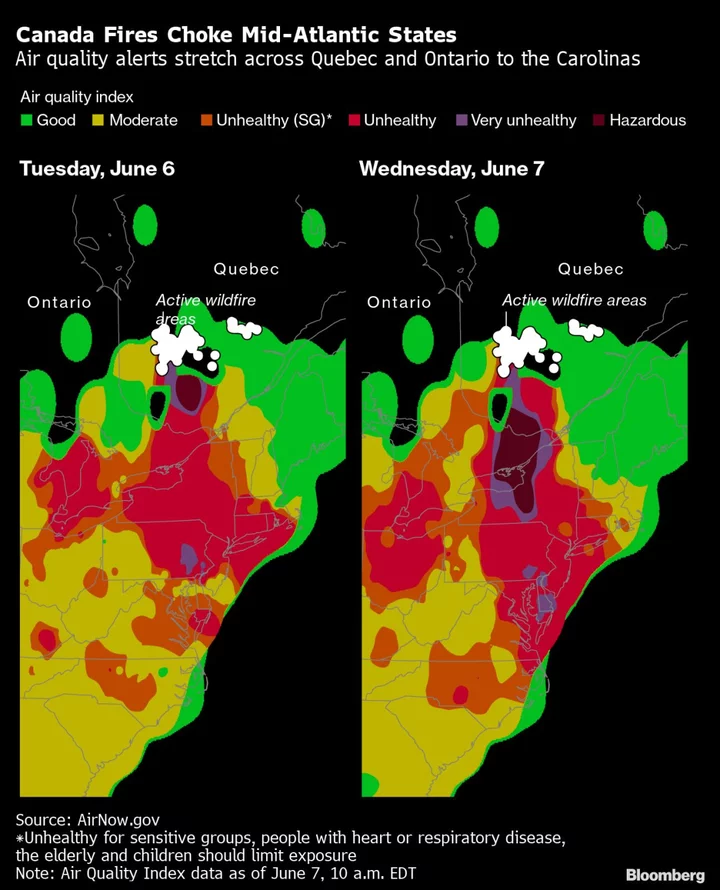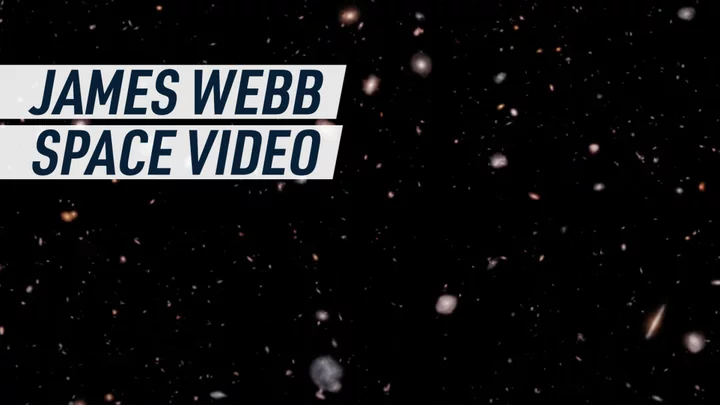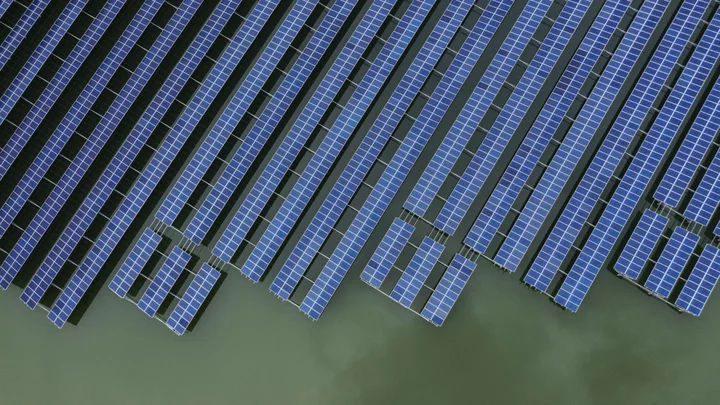Nearly one in five American academics say they have seen a UFO – or know someone who has
About 20 per cent of US academic respondents in a survey have reported that they, or someone they know, have seen unidentified flying objects (UFOs). Over a third of the nearly 1,500 respondents are interested in conducting research into such unidentified aerial phenomena (UAP), suggested the results of the survey, published in the journal Humanities and Social Science Communications. The US government has undertaken new hearings, reports and investigations into UAP, with a report by the Pentagon suggesting there were over 500 reports about UFOs with the agency as of August 2022. In the current research, scientists, including those from the University of Louisville, surveyed 39,984 academics, including professors, associate professors and assistant professors from 144 US universities across 14 different disciplines. Despite the stigma associated with the topic, researchers said these developments merit asking university faculty about their perceptions on the sightings of UFOs. Researchers asked the 4 per cent of individuals who responded to the survey about their perceptions of, experiences with and opinions of UAP. Nearly a tenth of the participants worked in political science, another tenth in physics, 10 per cent in psychology and 6 per cent in engineering. About 276 of the respondents – or 19 per cent of participants – reported that they or someone they knew had witnessed UAP. A further 9 per cent said they or someone they knew “may have witnessed” UAP, according to the study. Thirty-nine percent of all the participants said they did not know what the most likely explanations for UAP were, but a fifth of them attributed the sightings to natural events and 13 per cent to devices of unknown intelligence. About 4 per cent of participants said they had conducted academic research related to UAP, and over a third said they had some degree of interest in conducting research in this area. Among the respondents, 37 per cent ranked the importance of further research into UAP as either “very important” or “absolutely essential”, while nearly two-thirds of them considered academia’s involvement in UAP-related research to be “very important or absolutely essential”. The findings hinted that many American academics across disciplines consider academia’s involvement in research into UAP to be important. “Results demonstrated that faculty think the academic evaluation of UAP information and more academic research on this topic is important,” scientists wrote in the study, adding that curiosity on the topic “outweighed scepticism or indifference”. Researchers also suggested many may be cautiously willing to engage with UFO research if others they consider to be reputable within their field also do so. However, they said more surveys among larger and diverse cohorts are needed to understand attitudes of academics towards UAP. Read More Some strange ‘highly manoeuvrable’ UFOs seem to defy laws of physics, scientists say UFOs, UAPs and ETs: Why some people believe aliens are visiting us right now Nearly 200 recent UFO sightings in US remain unexplained, Pentagon says Ancient galaxy discovered 25 million light years away Watch: Axiom Mission 2 arrives at the International Space Station Nearly 350 licences issued to UK space companies
About 20 per cent of US academic respondents in a survey have reported that they, or someone they know, have seen unidentified flying objects (UFOs).
Over a third of the nearly 1,500 respondents are interested in conducting research into such unidentified aerial phenomena (UAP), suggested the results of the survey, published in the journal Humanities and Social Science Communications.
The US government has undertaken new hearings, reports and investigations into UAP, with a report by the Pentagon suggesting there were over 500 reports about UFOs with the agency as of August 2022.
In the current research, scientists, including those from the University of Louisville, surveyed 39,984 academics, including professors, associate professors and assistant professors from 144 US universities across 14 different disciplines.
Despite the stigma associated with the topic, researchers said these developments merit asking university faculty about their perceptions on the sightings of UFOs.
Researchers asked the 4 per cent of individuals who responded to the survey about their perceptions of, experiences with and opinions of UAP.
Nearly a tenth of the participants worked in political science, another tenth in physics, 10 per cent in psychology and 6 per cent in engineering.
About 276 of the respondents – or 19 per cent of participants – reported that they or someone they knew had witnessed UAP.
A further 9 per cent said they or someone they knew “may have witnessed” UAP, according to the study.
Thirty-nine percent of all the participants said they did not know what the most likely explanations for UAP were, but a fifth of them attributed the sightings to natural events and 13 per cent to devices of unknown intelligence.
About 4 per cent of participants said they had conducted academic research related to UAP, and over a third said they had some degree of interest in conducting research in this area.
Among the respondents, 37 per cent ranked the importance of further research into UAP as either “very important” or “absolutely essential”, while nearly two-thirds of them considered academia’s involvement in UAP-related research to be “very important or absolutely essential”.
The findings hinted that many American academics across disciplines consider academia’s involvement in research into UAP to be important.
“Results demonstrated that faculty think the academic evaluation of UAP information and more academic research on this topic is important,” scientists wrote in the study, adding that curiosity on the topic “outweighed scepticism or indifference”.
Researchers also suggested many may be cautiously willing to engage with UFO research if others they consider to be reputable within their field also do so.
However, they said more surveys among larger and diverse cohorts are needed to understand attitudes of academics towards UAP.
Read More
Some strange ‘highly manoeuvrable’ UFOs seem to defy laws of physics, scientists say
UFOs, UAPs and ETs: Why some people believe aliens are visiting us right now
Nearly 200 recent UFO sightings in US remain unexplained, Pentagon says
Ancient galaxy discovered 25 million light years away
Watch: Axiom Mission 2 arrives at the International Space Station
Nearly 350 licences issued to UK space companies









